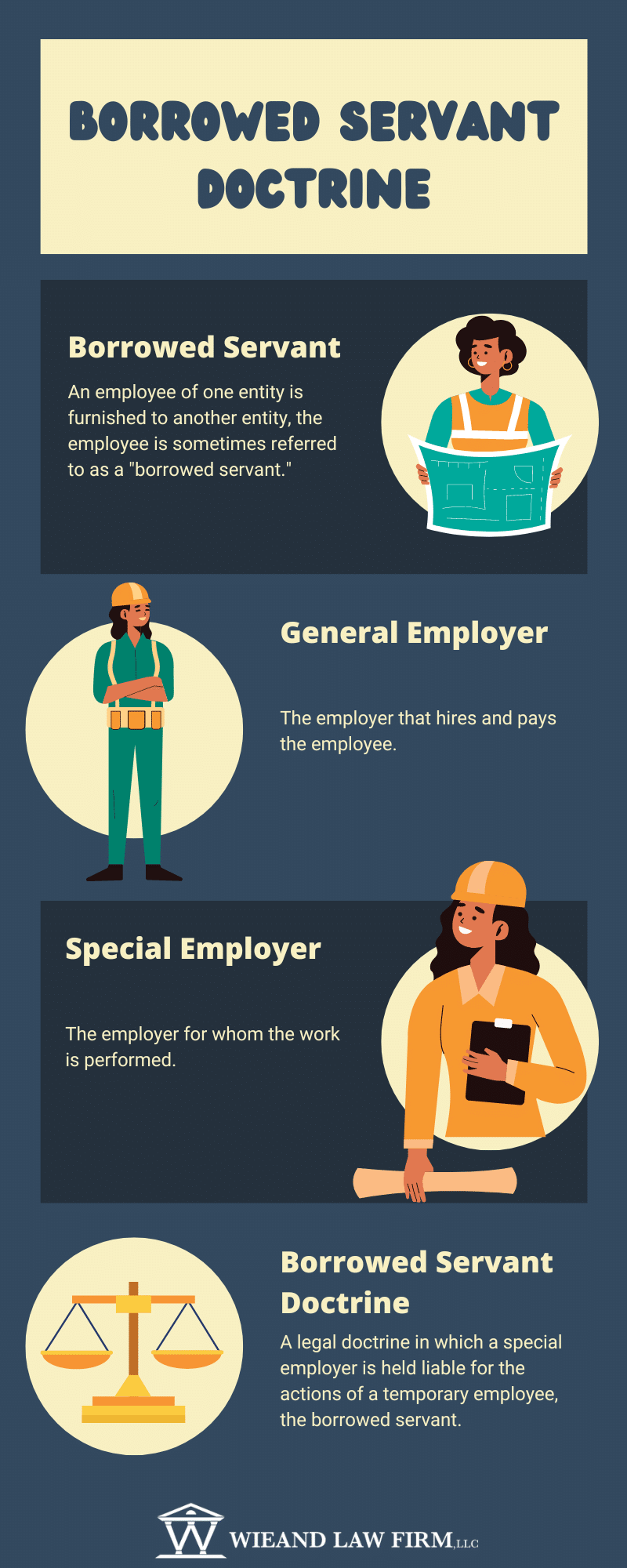 The New Jersey Supreme Court will hear a case to determine an employer’s liability for an injury that was the fault of an employee of an affiliated company. Philadelphia workers compensation lawyers say that Pantano v. New York Shipping Association will ask the court to consider vicarious liability under the “borrowed servant doctrine.” This doctrine allows an employer to be held liable for the actions of a worker borrowed from another company. For this case, the courts will be asked to consider if this vicarious liability is a question of law for the court, or a question of fact for a jury to determine. Philadelphia workers compensation lawyers state that this case has damages in the amount of $1.23 million in contention.
The New Jersey Supreme Court will hear a case to determine an employer’s liability for an injury that was the fault of an employee of an affiliated company. Philadelphia workers compensation lawyers say that Pantano v. New York Shipping Association will ask the court to consider vicarious liability under the “borrowed servant doctrine.” This doctrine allows an employer to be held liable for the actions of a worker borrowed from another company. For this case, the courts will be asked to consider if this vicarious liability is a question of law for the court, or a question of fact for a jury to determine. Philadelphia workers compensation lawyers state that this case has damages in the amount of $1.23 million in contention.
The plaintiff in this case is Philip Pantano, who was employed by Container Services Inc. While Mr. Pantano was working at work his employer’s facility in November 2013, he sustained a serious injury to his foot when a piece of machinery fell off a forklift operated by Lawrence Giamella. Mr. Pantano’s foot was eventually amputated because of this injury. The plaintiff alleged that Giamella’s operation of the forklift was negligent and filed a claim.
The forklift operator was working for Marine Transport, Inc. This company and Container Services share the same ownership. Marine Transport operates as a trucking company that transports shipping containers. Container Services is a company that repairs equipment for steamships. Prior to the trial, Marine Transport contended that the forklift operator was acting as a borrowed servant to Container Services. Container Services was not a party to the litigation. Marine Transport asserted that Giamella’s role as a borrowed servant shields Marine Transport from liability in the case.
The trial judge reserved making a decision on borrowed servant liability until after conclusion of the trial. The jury found that the defendant, Marine Transport, was 70% liable for Pantano’s injuries and awarded the plaintiff $1.23 million in damages. Marine Transport filed a motion for a directed verdict.
The issue before the court, according to the trial judge in Middlesex County, was to determine if Giamella should be considered a special employee of Container Services. If Giamella was considered a special employee, Marine Transport would be shielded from liability under the borrowed service doctrine. The judge referenced the 2004 decision from Galvao v. GR. Robert Construction that tested the control excised by company over the employee. The judge determined that Marine did not exercise control over Giamella and could not be held liable for his negligence under a respondeat superior theory. As such, the Appellate Division reversed the trial court’s order and found on behalf of Marine Transport.
According to Philadelphia workers compensation lawyers, the appeals court disagreed with the trial judge’s review of Galvao, finding that it failed to address whether the special employee furthered the business of the general employer, Marine Transport. The review panel determined that Giamella did, in fact, further the business of Marine Transport because the arrangement served a synergistic relationship between the companies. This synergistic relationship was supported by several factors, including joint advertising, sharing a lease for their headquarters and sharing employees, as the Marine Transport mechanics were compensated less than the mechanics at Container Services.
The Supreme Court of New Jersey has agreed to hear this case, on petition by Marine Transport.
The Wieand Law Firm represents clients who have been seriously injured due to someone else’s negligence. If you have been injured at work, call the Philadelphia workers compensation lawyers at our offices for help. Our team of distinguished attorneys can help you receive the best possible result for your injuries. Call 215-666-7777 or send a message via the online form to speak directly with an attorney.